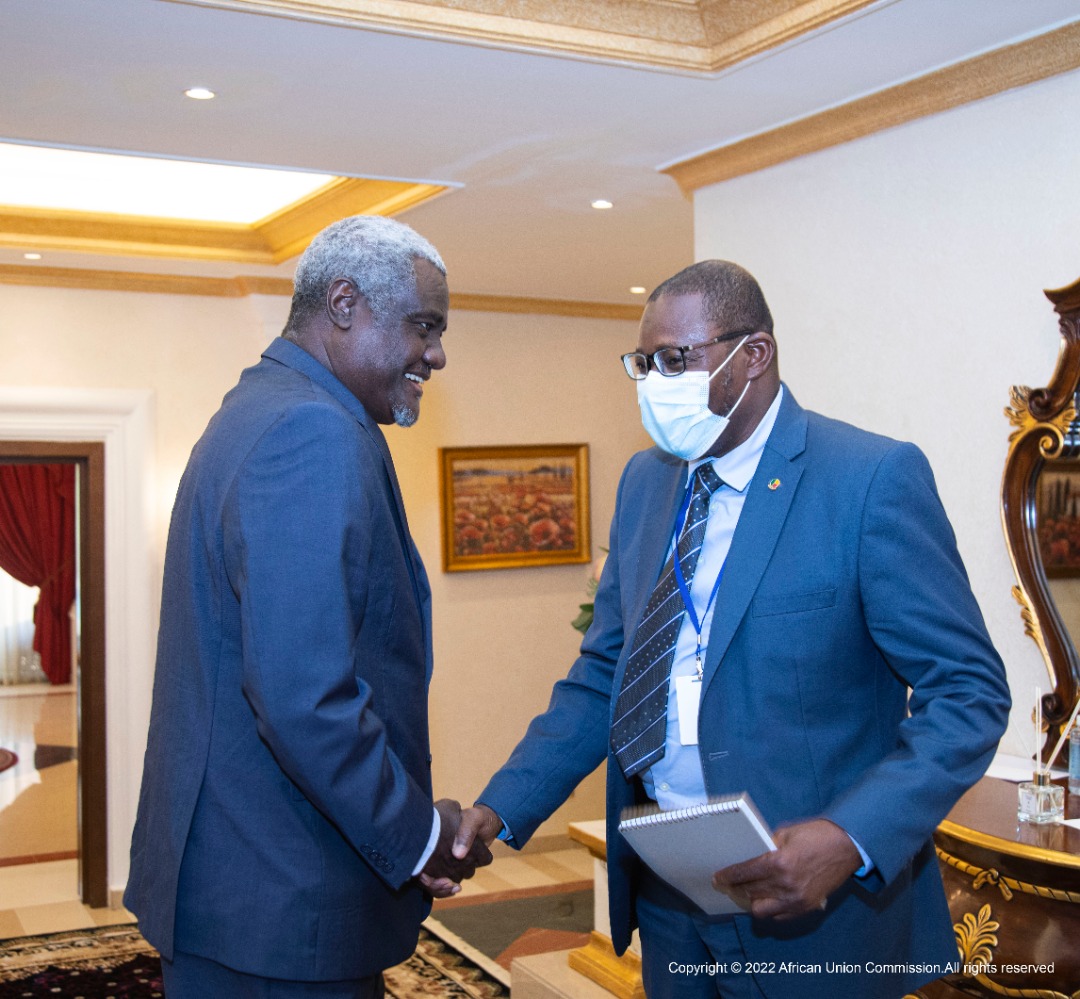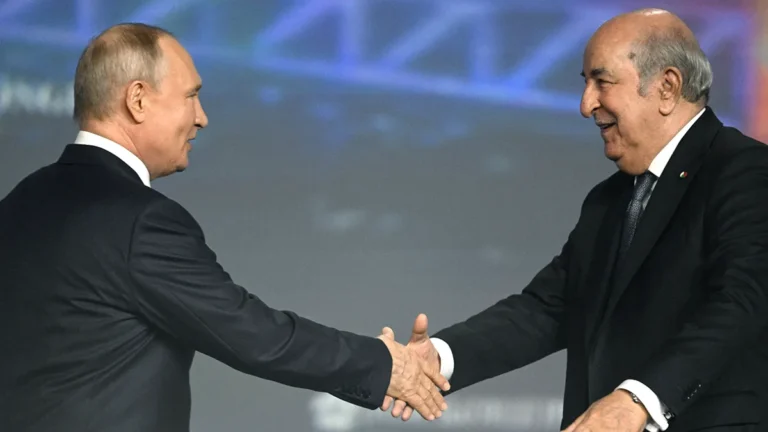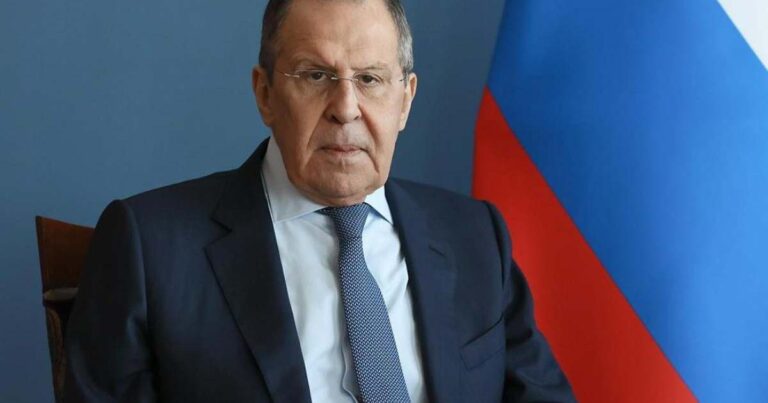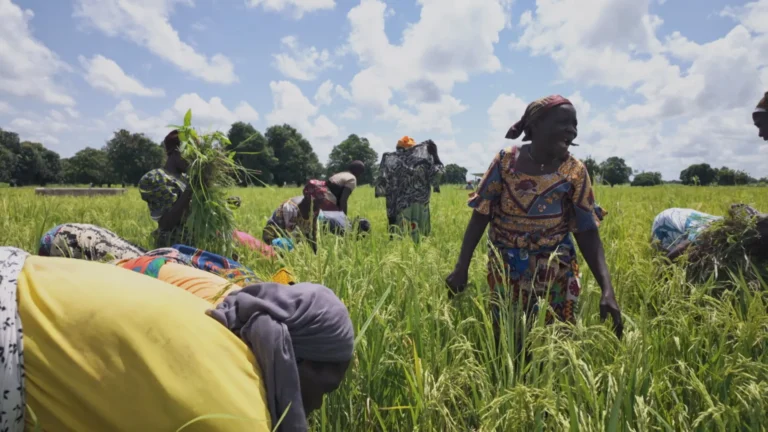
At a thought-provoking conference held Thursday evening at the Institute of Artisans of Justice and Peace (IAJP), Professor Nassirou Bako-Arifari, a former Beninese Minister of Foreign Affairs, addressed a captivated audience with an unflinching assessment of African political sovereignty.
His lecture, titled “Sovereignty of political power in Africa: between African unity and the powerlessness of leaders,” set the tone for IAJP’s third-quarter discussions, offering a compelling exploration of Africa’s lingering geopolitical fragilities.
From the outset, Bako-Arifari signalled his intention to challenge conventions. “The IAJP proposed a theme to me, which I reoriented in my own way, without betraying its spirit,” he said, before launching into a sharp critique of the continent’s limited autonomy on the global stage.
One of the most striking moments in his address came as he recalled events from 2011 during the Libyan crisis. Then serving as a government official, Bako-Arifari recounted how an African heads-of-state delegation was prevented from flying into Tripoli by NATO forces.
“It was a resolution passed by three African countries that are members of the Security Council—South Africa, Gabon, and Nigeria—that allowed this intervention. Africa itself signed its powerlessness,” he stated, describing the moment as a stark betrayal of the continent’s sovereignty by its own members.
Bako-Arifari argued that Africa’s unity remains more rhetorical than real. Referencing Mali’s security crisis, he noted how external intervention was sought by African states themselves, exposing the absence of rapid, coordinated continental responses.
“African sovereignty remains a normative affirmation, rarely translated into action,” he observed, criticizing the African Union for structural weaknesses and inconsistency. “We have transferred our national fragilities into our regional institutions, producing a full-scale continental fragility,” he warned.
Turning to historical context, Bako-Arifari challenged romanticized notions of Pan-Africanism.
“African unity as we understand it today is a diversion from the colonial project, born of the desire to reappropriate former colonial spaces,” he asserted, arguing that the African Union represents a political patchwork of fragmented entities rather than a unified front.
Crucially, he placed part of the blame on African leadership itself.
“Perhaps the powerlessness of leaders is not just a constraint, but sometimes an assumed posture,” he said, referring to what he called a “voluntary abdication” of responsibility by elites facing either complexity or foreign pressure.
The conference concluded with reflections from IAJP Director, Father Arnaud Éric Aguénounon, who praised the speaker’s frankness.
“It is essential to listen to diverse voices, from different backgrounds and sensibilities.
It is at this price that we will be able to enrich our reflection and leave with new ingredients, bearers of hope,” he remarked.
The evening’s discourse left attendees with sobering questions about Africa’s path forward—between aspiration and action, unity and fragmentation, sovereignty and submission.



